I see humans, but not humanity, kindness, or empathy!
In today’s blog post, I want to discuss a topic that saddens me, and it is the gradual fading of genuine kindness, leaving a significant void.
Selfishness and cynicism are replacing the virtues that once brought us together, including empathy, kindness, and understanding, in our busy lives.
Technology has brought us together in ways that have never happened before, but it also exacerbates the negative aspects of our society, making it harder to connect with others.
Every day, new stories emerge that reveal how society is becoming less caring. We see the consequences of actions that prioritize personal gain over the well-being of others in the news, on social media, and in our everyday lives.
In the workplace, where competition is constant, people often lack trust and view kindness as a weakness rather than a strength. Typically, individuals in this setting often feel compelled to prioritize their own needs, which can leave them feeling very isolated.
There are numerous signs that genuine kindness is in decline. For instance, many conversations today revolve around superficial issues, such as appearance or material possessions, rather than meaningful exchanges that foster a more profound understanding between people.
We don’t always want to discuss our flaws or things that could make us feel vulnerable or close to someone. Instead, interactions become transactions, where people share information but fail to form genuine connections.
The internet world can make people feel even more alone and disconnected since they see the best parts of other people’s lives while dealing with their own problems in silence.
Additionally, the current state of the economy has a significant impact on people’s perceptions of kindness. People often get stuck in a loop of working too much, which hurts their personal connections, because the world values profit margins and efficiency more than people.
A business culture that prioritizes profit can lead people to believe that being kind is a waste of time. Employees may think that showing compassion to a coworker who needs help or a client who is having trouble will hurt their chances of getting a good performance review or moving up in their career.
This anxiety prevents people from being generous and helpful, which makes the workplace more competitive rather than friendly.
Imagine a world where kindness is the foundation of both our personal and professional lives. Everyone in this reimagined society understands the importance of connecting with others and the significant impact that kindness has on our overall well-being.
This means making an effort to reach out to others, helping them without expecting anything in return, and listening with empathy NOT over reacting.
To make this change, we all need to work together to create places where kindness can grow. Institutions of learning, for example, are very important for raising a generation that values emotional intelligence along with academic success.
Teaching children about the value of kindness in school can equip them with the skills they need to understand others and resolve their differences in a healthy manner.
Cultivating kindness is not without its challenges, especially in a world that often rewards being mean.. Yet, each small act of kindness can create ripples of positive change.
If we create a society that values empathy, we can begin to remember what it means to be caring and connected people.
It’s essential to remember that kindness doesn’t have to be grand or overt as we strive toward this goal.
It just needs to be genuine.
Simple gestures—a smile, a supportive word, or taking the time to listen—can create a significant impact in someone’s day and ultimately contribute to making the world a nicer place.
We all need to step up and show empathy and caring if we want to bring back real kindness into our lives.
We change more than just our own lives when we do this.
We change the world around us and pave the way for a future where being kind is the norm, and people help one another and form relationships that enrich our lives.
With this in mind, let me tell you how to identify a Hallmark GENUINE Kind of person.
- They take into account the needs of others.
Genuinely pleasant people are fundamentally considerate.
They establish limits that enable them to take equal care of others and themselves.

- Truthfulness is their hallmark.
Another sign of someone who is genuinely kind and not just pretending is that they build honest relationships.
They are careful about telling the truth, as they don’t want to hurt someone for no reason.
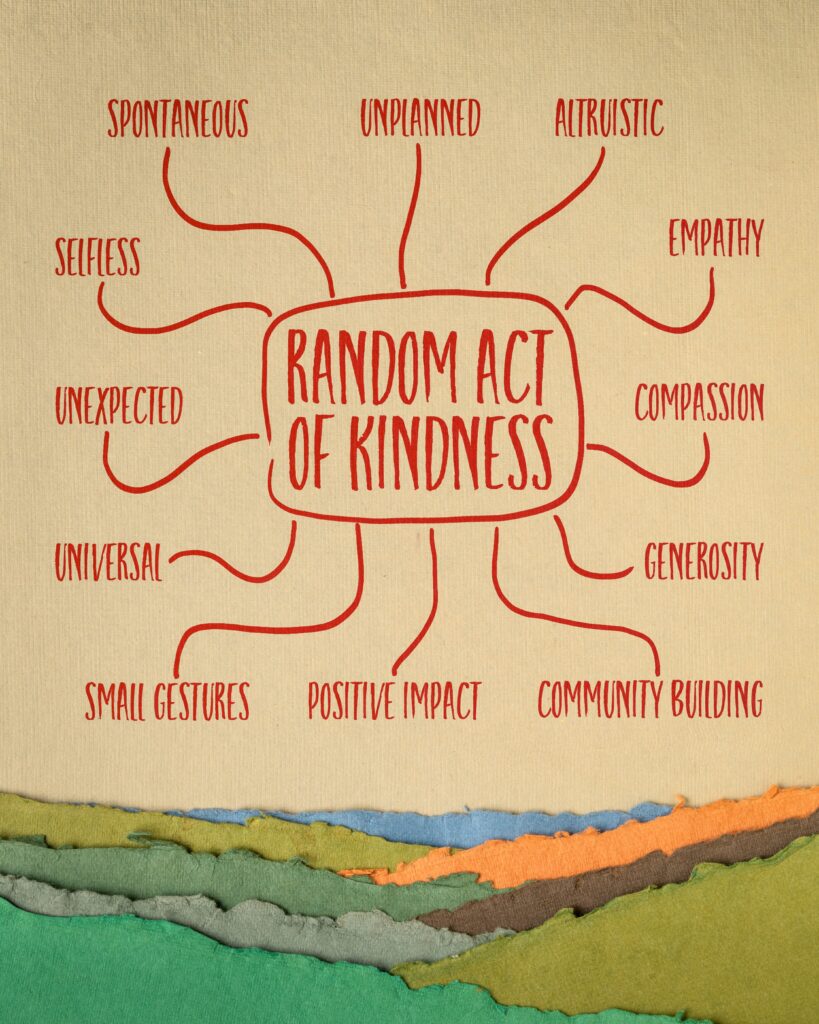
- They have a way of lifting other people.
Being there for people when they succeed is just as important as being there when they are down.
This is what it means to be really kind. Since the success of one brings joy to others, an amiable person will gladly rejoice in the accomplishments of others.

- They are calm under pressure.
They don’t use outside stress as an excuse to be mean, which demonstrates their genuine concern for other people’s health.
Even when they’re upset, they’re always lovely and show kindness.

- They are ready to say sorry.
Apologizing sincerely and taking responsibility when one has harmed another is a hallmark of an authentically kind person.
How do you give a genuine apology? You should name your mistake, admit that it wasn’t okay without making excuses or giving reasons, and say how your actions affected the other person.
It can also help you heal from your mistake and make you more accountable, making you less likely to repeat it.

- You can count on them.
Someone who is genuinely kind is dependable and trustworthy.
They demonstrate their reliability in small ways, such as sending school supplies to their child’s classroom as promised.
They’re also dependable in the long run.
- They respect the viewpoints of others.
Being able to put oneself in another person’s shoes is a crucial component of being an authentically kind person.
I call this the “Flipping Game.”
They are very open-minded because they are prepared to hear what other people have to say and try to understand where they are coming from.
Their kindness stems from the conviction that everyone has the freedom to live by their own principles, as long as those morals don’t harm anyone else.

- They are always kind.
Being truly kind means more than just saying nice things.
It also means being there for someone when they are at their lowest and giving them space.
- They don’t judge.
When you judge another, you do not define them, you define YOURSELF. WAYNE DYER
Insecurity is a big reason why we judge others.
If we don’t feel completely sure of our worth, we might criticize other people to make ourselves feel better.
This kind of judgment is like a shield that’s an attempt to guard us against our self-doubt.

- No strings attached, they’re happy to lend a hand.
Helping others without expecting anything in return is another hallmark of an authentically kind person.
When you’re sick, they’ll pick up your groceries or give you a ride to the airport—and they won’t ask for anything in return.
They think that helping others at random is an important element of being a good citizen, so they regularly engage in acts of kindness.
They’ll do it without grumbling and complaining.
Please feel free to share your thoughts on this topic and perhaps share a story about someone who was kind to you that you still remember fondly.
This will help others have hope and believe kindness still exists.

THE COOKIE THIEF – Summary, Moral Lesson, and Why It Still Matters 🍪
A Sweet Poem That Quietly Changes You A woman was waiting at an airport one night,With several long hours before her flight.She hunted for a book in the airport shops.Bought a bag of cookies and found a place to drop. She was engrossed in her book, but happened...
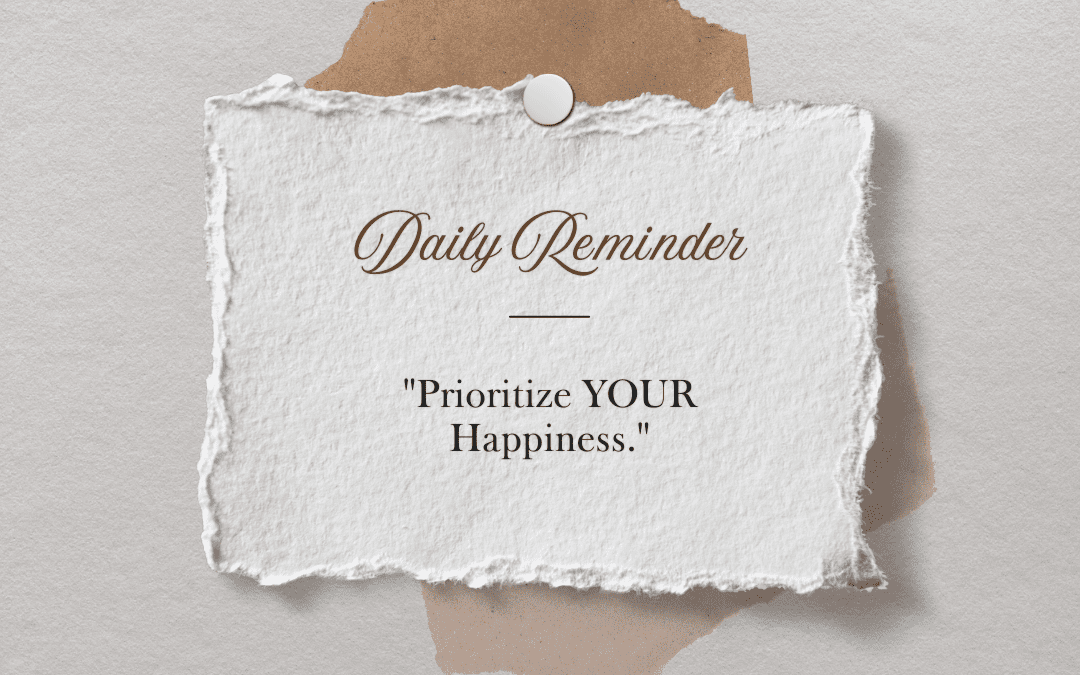
Prioritize Happiness: Choosing Joy in a World That Rushes You
Prioritize Happiness Happiness isn’t something you stumble upon one day like a forgotten treasure. It’s a conscious decision—one you make again and again, even when life feels loud, demanding, or uncertain. Prioritizing happiness doesn’t mean ignoring responsibilities...
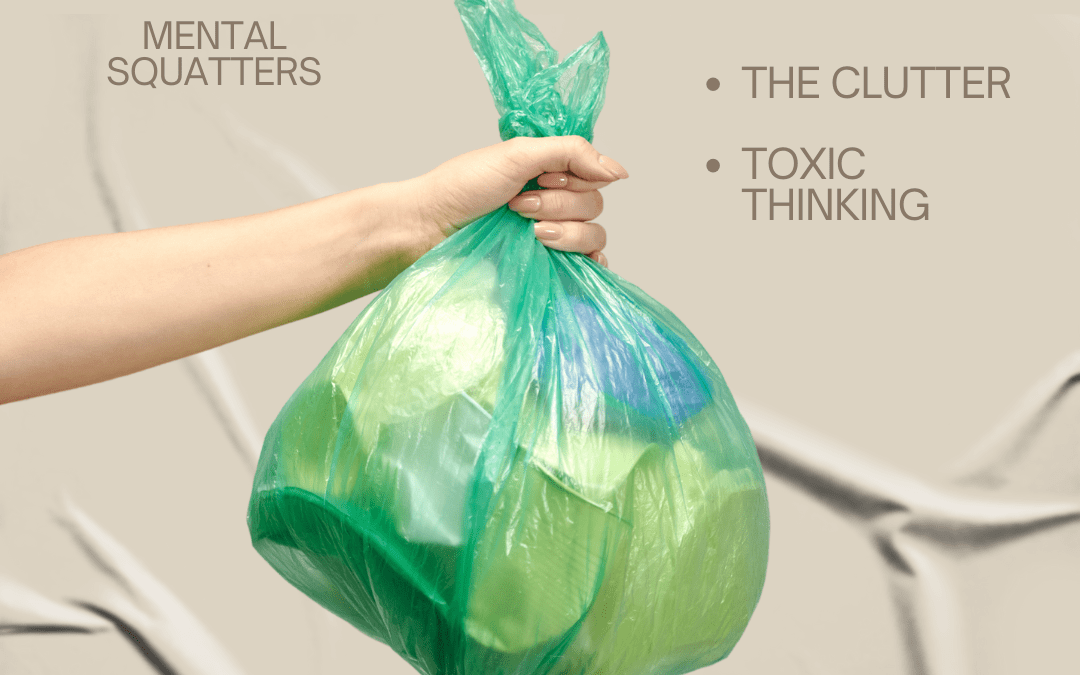
15 Ways to Evict Mental Squatters: Reclaim Your Peace of Mind
Today's blog post is about squatters, but not the physical kind—these are mental squatters, something many of us deal with. (I'm so guilty of it.) 🤦♀️ Let's imagine our minds as a beautiful mansion filled with comfortable couches, sparkling chandeliers, a backyard...
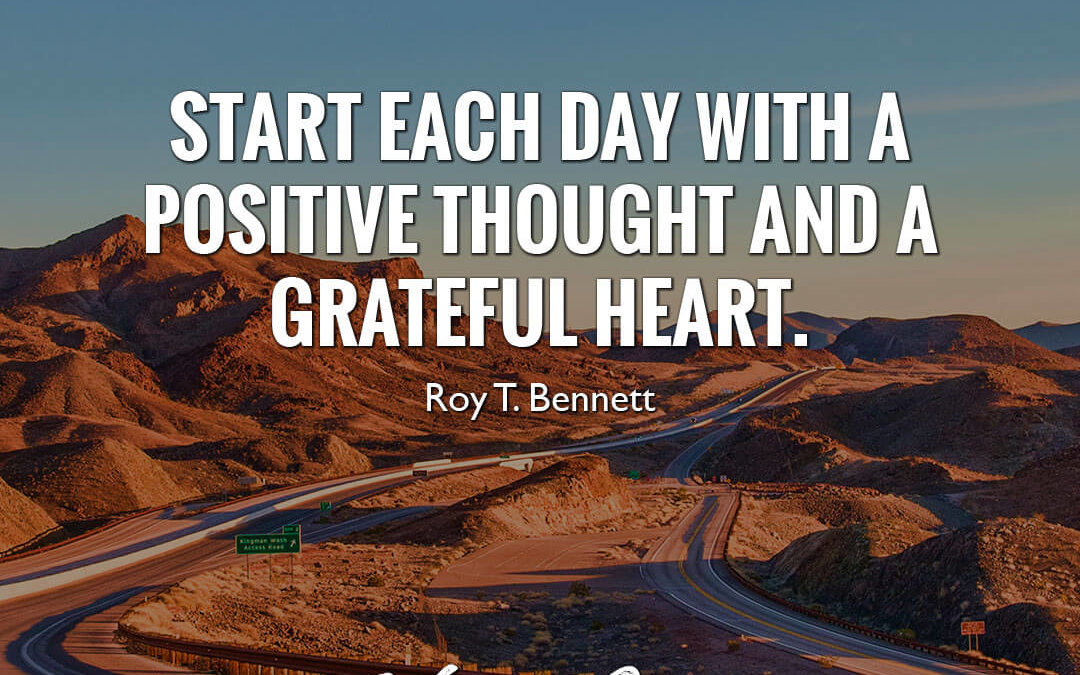
Affirmations Collector: MY Unique Journey to Self-Discovery and Growth
In a world where finding out who you are can be hard, my time as an "Affirmation Collector" has been life-changing, helping me grow and feel more powerful. It can sound strange or abstract to gather affirmations, but it has helped me change the way I think and...

ANYWAY by MOTHER THERESA
This poem is incredibly simple and beautiful, yet it’s a challenge that many of us face. As Mother Teresa powerfully stated... Do it ANYWAY. People are often unreasonable, illogical, and self-centered; Forgive them ANYWAY. If you are kind, people may accuse you...
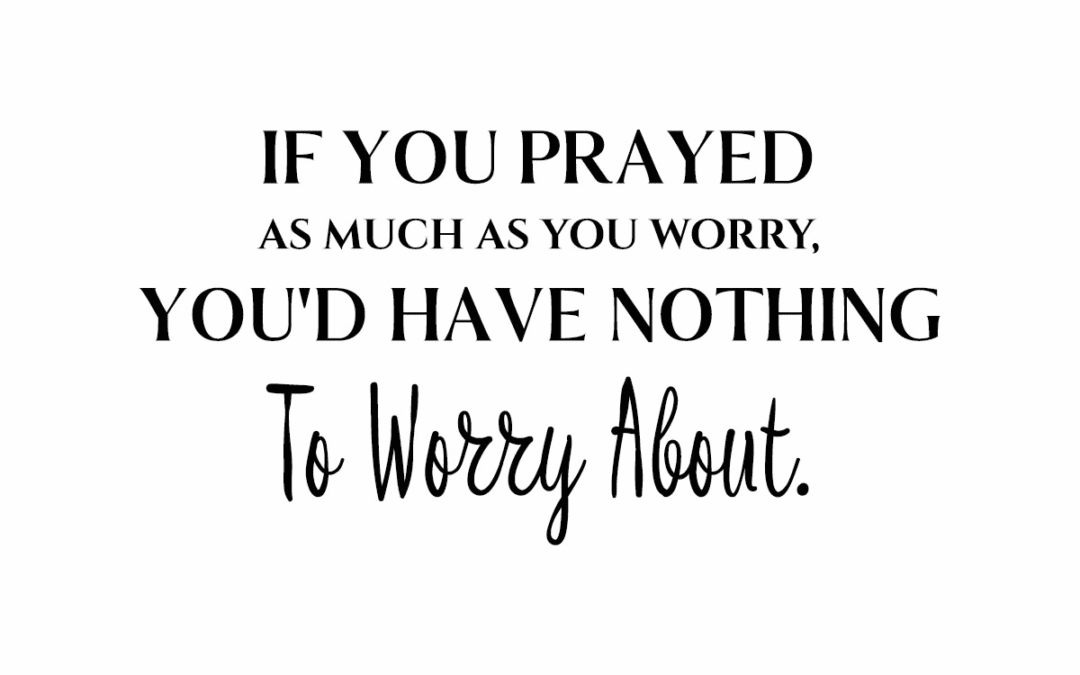
PRAYERS FOR AN INFINITE INTELLIGENCE PRESENCE IN YOUR LIFE
I share these prayers with you, hoping you have an open mind like mine. I do NOT believe in religion. I believe in GOD, OMNIPRESENCE, INFINITE INTELLIGENCE, and ANGELS. My morning (at anytime) prayers are to ALL of them. I believe they work in unity to provide us with...

LITTLE THINGS THAT KEEP ME HAPPY WHILE LIVING WITH MS
Having multiple sclerosis can change your life in big ways that influence your body, mind, and social life. There are some days that I may feel particularly burdensome, and it is nothing out of the ordinary to discover that I'm having a hard time clinging to the...
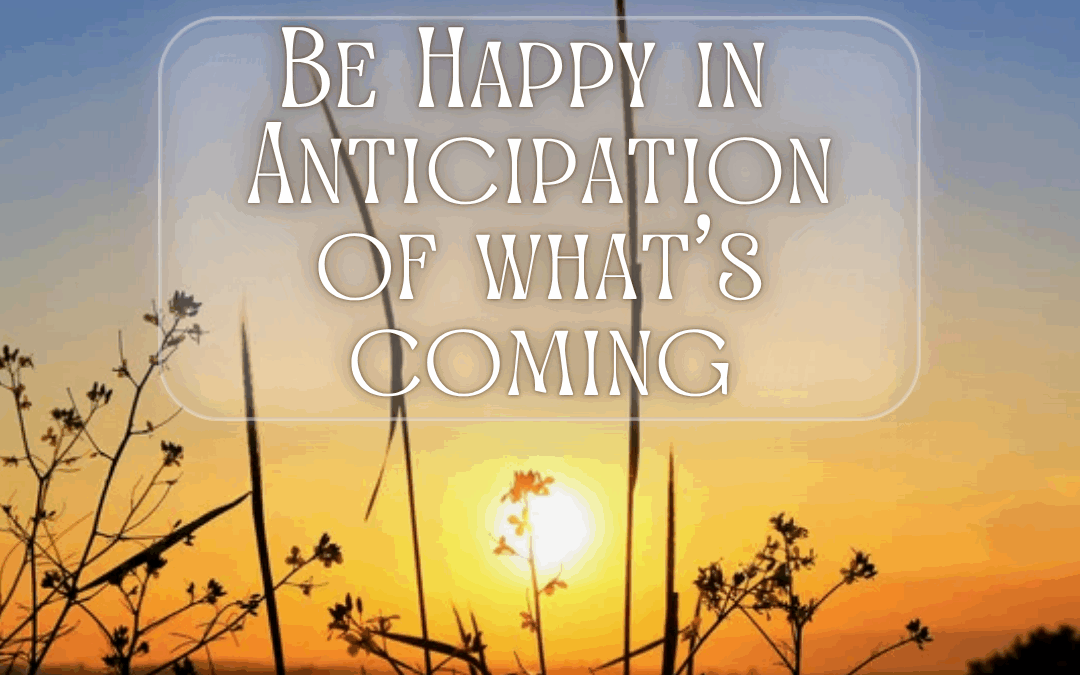
FROM SURVIVAL MODE TO THRIVING MODE
Many of us are stuck in what can only be called "Survival mode," responding to life's obstacles with a sense of urgency and merely existing. As Days pass and blend together, and even with the greatest of intentions, we frequently feel more like we're...

I’M AN AVID AFFIRMATIONS COLLECTOR
I'm so happy and grateful now, all day, every day. Things are always working out for me. I got an energy shift. It's going to be fun to see what the outcome of that is. Something good is going to happen to me. Blessings are chasing me down. The favor of GOD is on my...
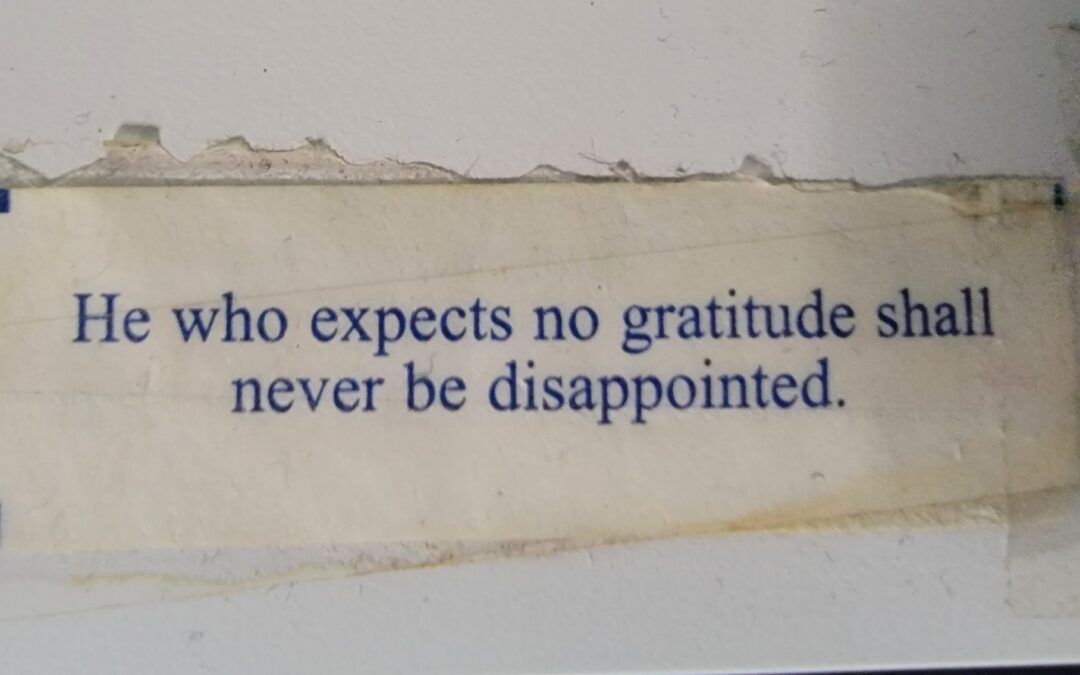
LIFE, AND WHAT WE KNOW FOR SURE
People you love will hurt you and you will loose friends If someone doesn’t like you, that person could do anything to make you feel miserable You don’t always get what you want People you love will die eventually😥 Among all your friends, there is at least one fake...

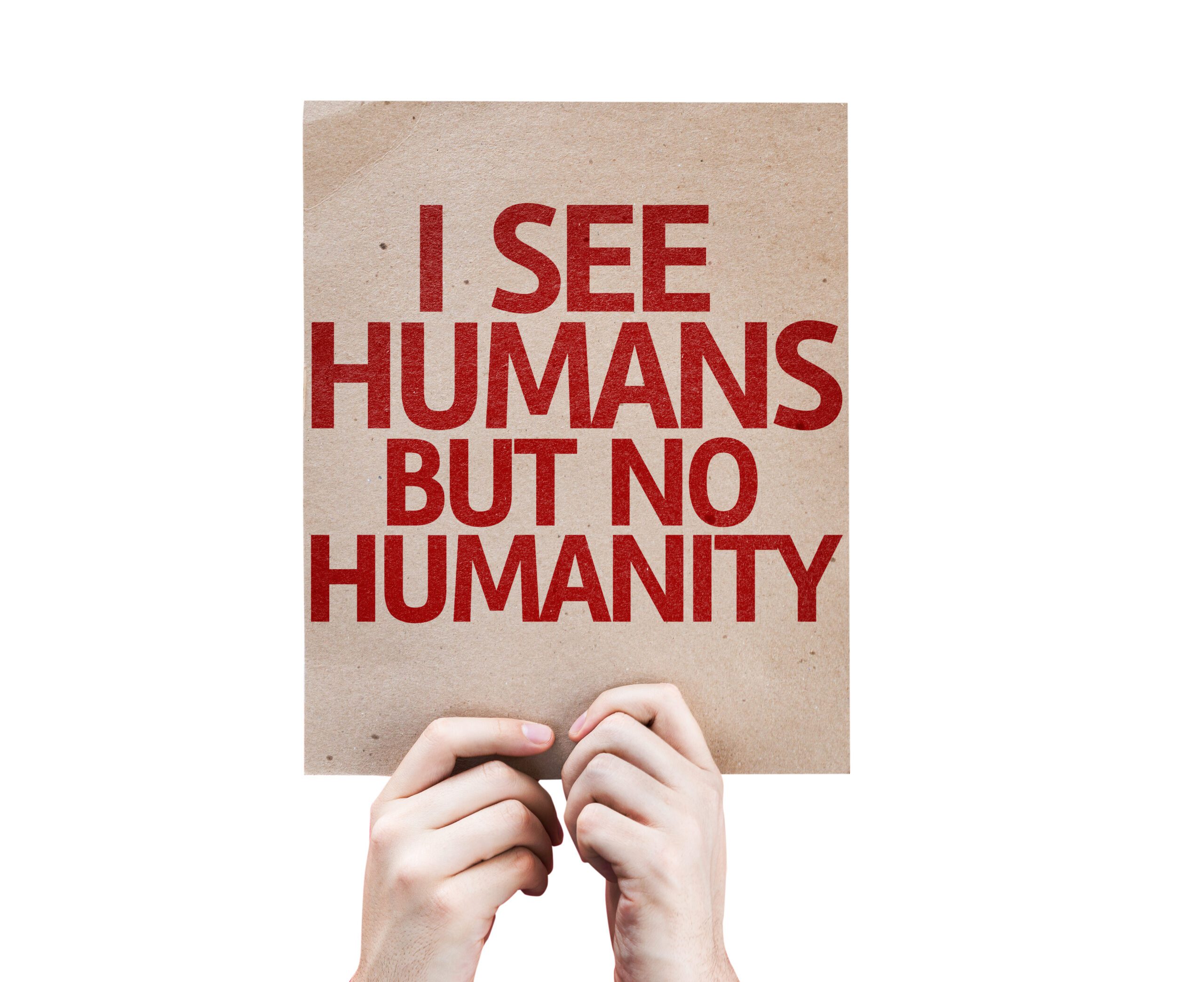

0 Comments